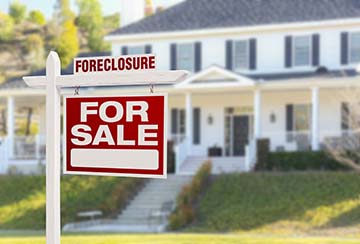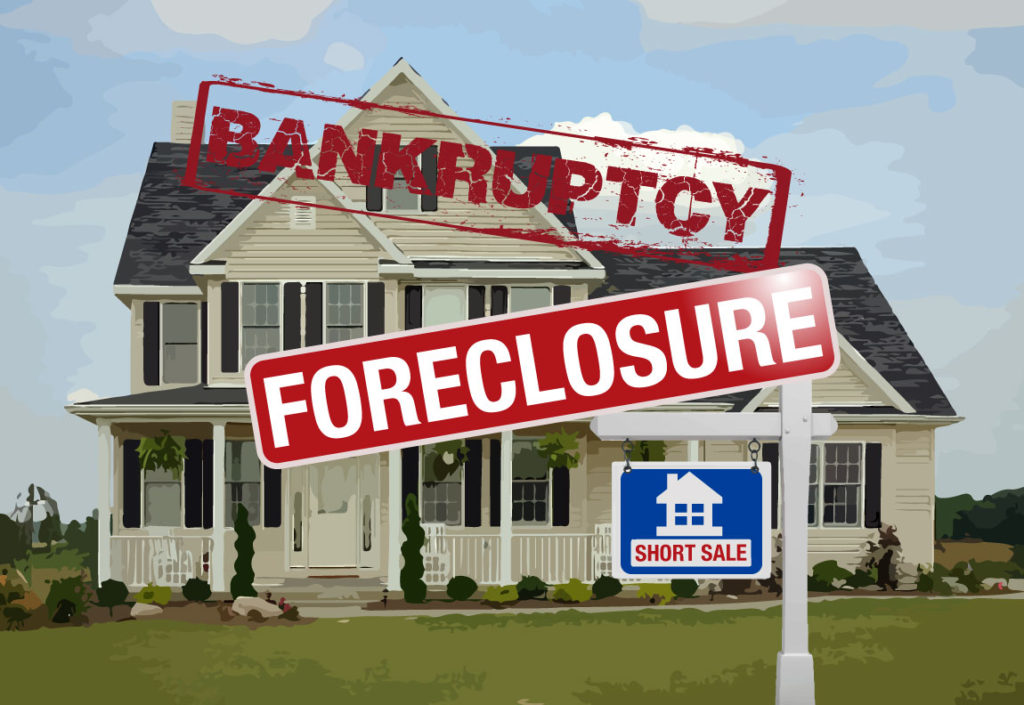
If you absolutely had to file for bankruptcy in Utah, it’s what you had to do. You discharged your unsecured debts. Great. They’re gone and you have a fresh start. So now you want to purchase a house.
After bankruptcy, you are off to a fresh start but that does not mean that you can stand there idly and declare to yourself, “Finally, I owe no one nothing” (you are still not free from bad credit, though). Go over your credit history and be sure all the debts have been eliminated. If you spot any overdue account, report it to the credit bureau. Acquire a copy of the discharge letter from the courthouse or your attorney, that will serve as your proof.
What does a mortgage lender really think about having about seeing a bankruptcy on your credit report in general?
It’s kind of the worst thing that you can do to your credit report and it is going to take your score way, way down. And by score, I do mean Fico score. It’s that little three-digit number that runs from 300 to 850. So chances are after the bankruptcy it is going to be down toward that 300 mark.
Well, that’s not a problem it’s because you couldn’t rebuild. In fact, it takes about 24 months to really get that score back up to the point where a mortgage lender is going to say, you’re fabulous, we want to have you with a customer. In the meantime, what you need to do is start saving for a down payment because if you have a bankruptcy, then you’re not going to look so hot to a lender just because it’s sort of a sign of financial irresponsibility.
So score some cash because they’re really good and want to see it. You’re going to want to put down at least 20 percent as a down payment in general. Also, during that time, get a credit card, start to use it, but use it really responsibly because time does heal the wounds of a fico score slashing. However, you can make a lot of changes just by using credit in the meantime really, really well. So go out there, use credit, build your score back up and buy a house. Here is a breakdown of what you need to do:
Rebuild Your Credit
Start by rebuilding your credit. This will take time and effort, but I’m telling you, it is worth it. Obtain secured credit cards, these types of credit cards have monthly credit limit depending on the amount you deposit on the issuing bank. You can also get yourself into installment loans. As both of these will report directly to credit bureaus. And be sure you pay on time.
No Late Payments
On all obligations you have: credit cards, loans, utility bills, etc. be sure you pay on time and be sure you pay the right amount. This is the purpose of opening the credit cards and installment loans. You will want to rewrite your credit report with on-time payments and no overdue accounts for the next one or two years. The document also those payments, as they will also be required soon when you get a new house.
Start Saving
In the course of rebuilding your credit, start saving everything you can. Since you are preparing to get a new house, you need to be ready for the down payment. Some will require a minimum of 3% to 10% for a purchase, but some lenders will ask for a hefty 20% to even 35% front money. Remember, the bigger the deposit you make, the less obstruction you will meet from mortgage companies.
Apply For a Mortgage
After a year or two of rebuilding your credit, with the help of a mortgage officer, apply for a mortgage. Provide the proof of discharge you obtained, a proof of employment, and bank statements (reflecting your savings for the down payment) for the application process. As these will provide proof and bearing that you worked hard to reestablish your credit after bankruptcy, you will be able to get a home loan. Be advised that interest rates might be higher and loan terms not as advantageous, but it is a start. If done properly, you may be able to get a mortgage two years after your bankruptcy is discharged.

